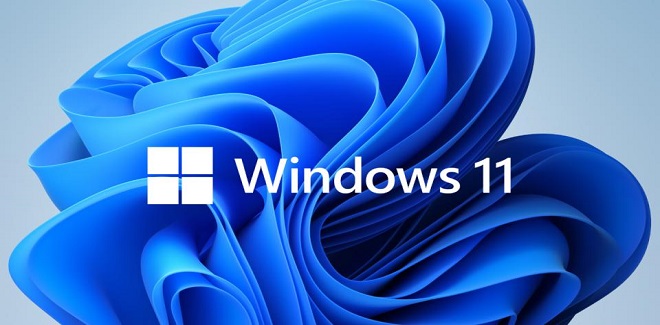When choosing between Windows 10 and Windows 11, many users hesitate about which operating system is better. In fact, it depends on individual usage habits and needs. Let's delve into the differences between these two operating systems and help you make a better decision on which one is more suitable for you.
1. Interface Design
Windows 10:
Windows 10's interface design leans towards traditional, retaining the classic "Start" menu and taskbar design, combining the familiarity of Windows 7 with the modern elements of Windows 8. Users can easily find commonly used programs in a familiar environment, with the taskbar located at the bottom of the screen for easy viewing of notifications and task switching. For those accustomed to the traditional Windows style, Windows 10's design is undoubtedly easier to get started with.
Windows 11:
Windows 11, on the other hand, makes bold innovations in interface design, adopting a more modern rounded rectangle design, which is more visually stylish. The new "Start" menu has been moved to the center of the screen, and the taskbar has been redesigned, offering more dynamic effects and personalization options. Although this design is more attractive, it may require old users to spend time adapting.
Summary:
If you like a modern, stylish design and don't mind spending time adapting to a new interface, Windows 11 might be more suitable for you; if you are more accustomed to the traditional Windows style, then Windows 10 might better meet your needs.
2. Performance Optimization
Windows 10:
Windows 10 performs excellently in terms of performance, especially in graphics processing and compatibility. It uses the DirectX 12 graphics interface and Windows Subsystem for Linux (WSL) technology, providing strong support for graphics-intensive applications and developers. Additionally, features like fast startup also make the system run more smoothly.
Windows 11:
Windows 11 takes performance optimization further, using a new Windows kernel and hardware acceleration technology, making the system respond faster and optimizing smart memory management functions. These improvements allow Windows 11 to maintain excellent performance in various scenarios, especially suitable for users with high performance requirements.
Summary:
If you have high performance requirements, Windows 11 is undoubtedly a better choice; however, if your current device runs Windows 10 very smoothly and you have no special performance needs, Windows 10 is still a good choice.
3. Security
Windows 10:
Windows 10 is equipped with Windows Defender Security Center and intelligent security awareness technology, which can monitor system security status in real time, providing advanced security features such as multi-factor authentication and encryption. These features have already provided users with quite comprehensive security protection.
Windows 11:
Windows 11 further enhances security based on Windows 10. It adds more intelligent threat detection mechanisms and optimizes firewall and remote access security management. These improvements give Windows 11 an advantage in dealing with modern security threats.
Summary:
If you highly value data security and privacy protection, the enhanced security features of Windows 11 will give you more confidence; however, if you are satisfied with the current security performance of Windows 10 and have no special security needs, Windows 10 can also meet your needs well.
4. New Features and Other Differences
Windows 10:
Windows 10 focuses on optimizing and perfecting traditional functions, especially in the office and gaming areas. It provides stable support for the Office suite and gaming performance, and offers a wealth of setting options, suitable for those accustomed to using the Windows operating system.
Windows 11:
Windows 11 adds many new features, such as virtual desktops, widgets, voice assistants, and handwriting input, making the system more user-friendly and modern, especially attractive to those who like to try new technologies.
Summary:
If you like trying new features and have high requirements for a modernized system experience, Windows 11 will provide you with more fresh experiences; if you prefer a stable, mature operating system, Windows 10 is still a trustworthy choice.
Windows 10 and Windows 11 each have their advantages and disadvantages. Windows 11 is more suitable for those who pursue modern design, powerful performance, and the latest features, while Windows 10 is more suitable for those who value stability, traditional design, and existing compatibility. The final choice depends on your personal needs and usage habits.









